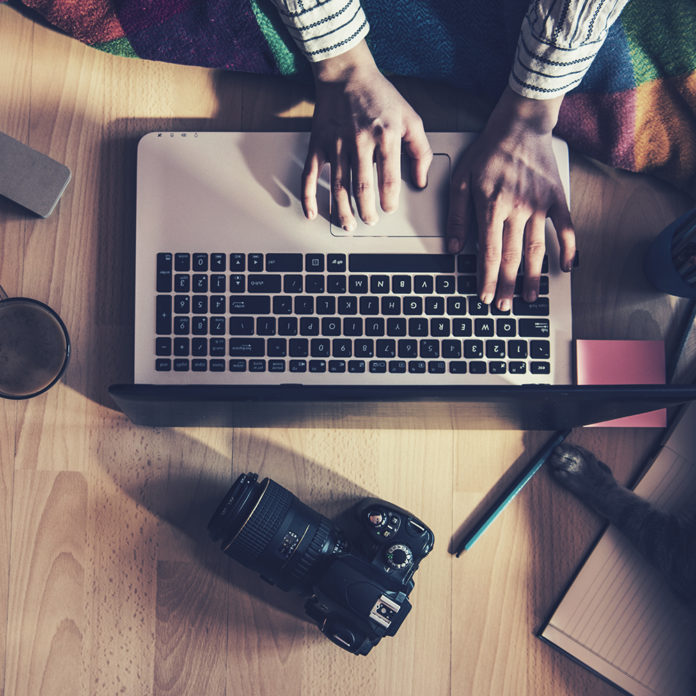
The next big uproar on the Internet is a post away. A brand-new hashtag will soon provide a label to talk about or attack someone. That ‘someone’ ranges from individuals to organisations and even groups of people. Someone is going to say something nasty. There’s an organisation somewhere about to trigger a new controversy with a new ad campaign. Outrage will follow. In the midst of it, some people will talk about the ills of the Internet and social media. The problem is not Instagram, YouTube, Twitter or Facebook.
Everyone Can
Instagram, YouTube, Twitter, Facebook, and other platforms are easy to access. A long time ago only a few could broadcast. For those who had access to publishers and content distributors, it came at a big price. Today we’re all broadcasters and publishers, and it is good.
It’s a great thing that the gatekeepers of old don’t determine what we can say or when we can say it. With a few swipes and taps, we transcend time and distance. In an instant, the entire world can see and hear us, all the same time. We’re all creators, publishers and the audience.
We create and consume a variety of content. Some of it inspires and some is unsavoury. Racist, sexist, bigoted posts share just as well, if not more than the feel-good stuff. Controversy and sensationalism have found breeding ground on the Internet. The ugly bits are often attributed to how social media amplifies everything. That is true, but only in part.
Fast and Permanent
On the Internet, everything is fast and permanent. Once you’ve published something, un-publishing can be impossible. Deleting something you’ve posted doesn’t mean it is off the Internet. In no time screenshots find an increasing audience. Posts are then dissected and different people share opinions on others’ opinions. We can’t believe how other people think the way they do. “How can any sane person say and share that?”
When something good happens through social media, where does the bad go?
The problem is not Instagram, YouTube, Twitter or Facebook. Videos don’t magically appear on YouTube. Images don’t find their way to Instagram profiles all on their own. Facebook shares and retweets don’t mysteriously happen.
People
Regardless of the platform or content, there is one thing in common with every post: people. There are individuals at the starting point. When it comes to the perplexing and unpleasant, the problem is not what we see on our timelines. That is a result. Social media only provides a platform.
That is why, every now and then, someone is prosecuted, not their tweet or blog post. We, as individuals. We the creators and publishers are the problem. The problem is our internal worlds. As much as our hearts are the seat of joy and love in one sense, in another, they harbour pain, anger, even hatred.
Since the problem is with us, as individuals, the question is what are we going to do about it?
